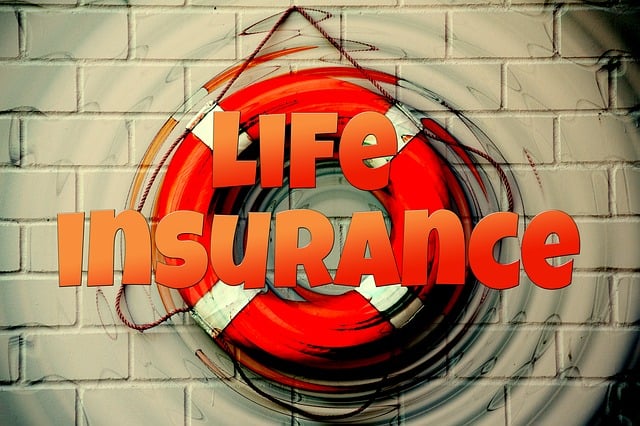Term life insurance is better than whole life insurance. Any argument made in the case for whole life is easily rebutted in favor of term life. This is precisely what we will examine here. Term life is better than whole life, but the incentive structure for insurance agents is to sell whole life whenever possible. This is because whole life pays higher commissions. These incentives will leave you worse off unless you arm yourself with knowledge. Anything you can do with whole life can be done with some other product alongside the protection of term life.
Premiums
Whole life is much more expensive than term life. The insurance company has to pay out a death benefit for everyone with a whole life policy, so naturally they have to charge more to cover the 100% likelihood that everyone will die. Only a percentage of term life ever pays out, and insurance companies use actuarial tables to determine those percentages. Since they will only pay out a percentage of the benefits the premiums for term are lower.
Some argue that term is inferior because you may pay for something and never get anything back. This thinking is flawed. You are protected against the catastrophe that you die young and leave your family without the earnings that you would have accumulated. If you live long enough the catastrophic risk goes away. Some also argue that term doesn’t leave you with any money for funeral expenses if you live too long. This is flawed, too. If you use all of the premiums you would have paid for whole life and invest them instead you should have more than enough saved for funeral expenses if you outlive your term life period.

Investments
Whole life is touted as an investment, but the cash value has a low rate of return. A better way to invest is to simply…invest. Take the money you would have paid in whole life premiums and invest it instead. You are almost certain to earn more than the low rate of cash value that the insurance company offers. There are plenty of tax-efficient ways to invest your money, so don’t listen to anyone who says that whole life has superior tax advantages.
For those who tout the cash value as a means to access cash in an emergency, you can also do the same with an emergency fund. Emergency funds are even better because you aren’t charged interest, unlike borrowing money from cash value. If you remove the cash value instead you may end up paying taxes on a portion of it, the same as if you took money out of an ordinary investment.
Cash Value
This may come as a shock to you, but cash value reverts back to the insurance company when you die. Your beneficiaries are only paid the death benefit, which is supported by the cash value increase. The cash value is just something you can use while you are alive. You can add a rider to your policy to allow the cash value to be paid to your beneficiaries, but this will cause your premiums to increase. This will likely negate any benefit that the rider may offer.
So, the moral of this blog post is to keep insurance and investments separate. They each have different functions and work best when separated. Remember this mantra: buy term and invest the rest.